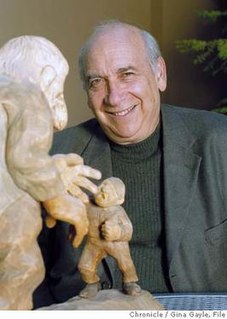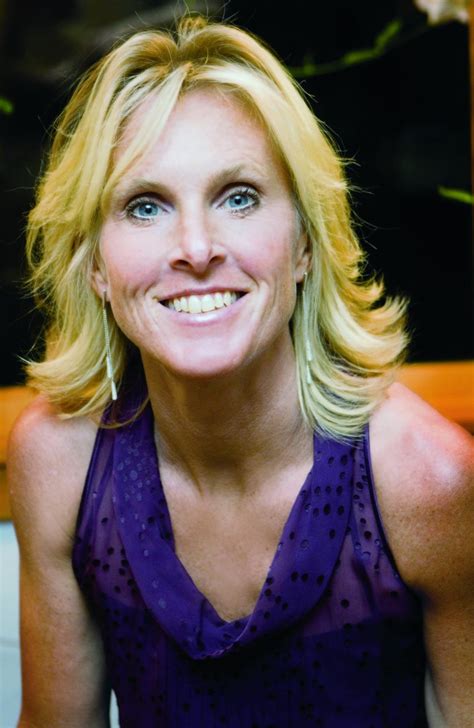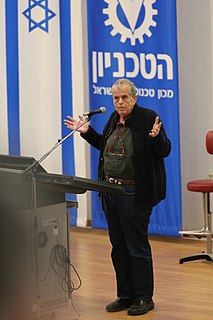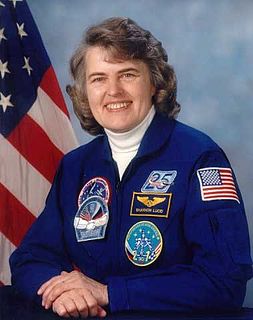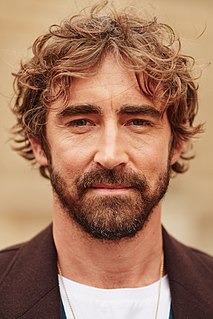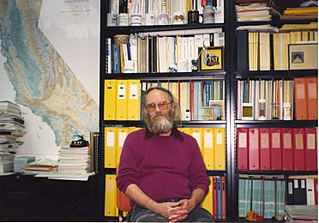A Quote by Chen-Ning Yang
A graduate student who is still learning courses is not really taking a maximum advantage of a research university's offerings. He should already be finished with course-taking, as he would then be able to shape his own taste about what is a good subject for research work in the graduate school.
Related Quotes
Towards the end of the military service, I had to make what I assume has been the most important decision in my career: to start a residency in clinical medicine, in surgery, which was my favorite choice, or to enroll into graduate school and start a career in scientific research. It was clear to me that I was heading for graduate school.
I started doing science when I was effectively 20, a graduate student of Salvador Luria at Indiana University. And that was - you know, it took me about two years, you know, being a graduate student with Luria deciding I wanted to find the structure of DNA; that is, DNA was going to be my objective.
In the field of astronomy in the mid-'60s, quasars were very sexy objects - gigantic, star-like masses about which little was known. I was a graduate research student at Cambridge working towards my Ph.D. and chose quasars as the subject for my thesis. Part of my project involved surveying the sky for them using a radio telescope.
I left school my senior year to do a play at the Alley Theatre in Houston, Texas. Then while I was doing a play, I auditioned for Juilliard. I got in over the summer, and they told me, 'You have to graduate high school to come here. You don't need the SATs, but you do need to graduate high school.' I finished over the summer through correspondence.

